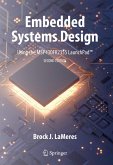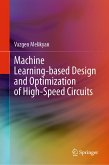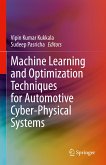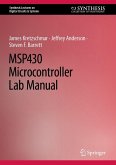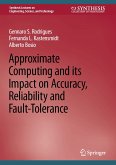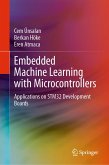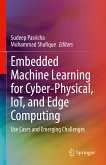In Particular, this book:
- Discusses modeling, simulation and verification for complex digital system design, based on RISC-V case-studies;
- Presents established and novel techniques to model and verify HW/SW designs with a Virtual Prototype-based design flow;
- Focuses on early and approachable design space exploration of complex SoC designs for accelerated, low-risk development.
Dieser Download kann aus rechtlichen Gründen nur mit Rechnungsadresse in A, B, BG, CY, CZ, D, DK, EW, E, FIN, F, GR, HR, H, IRL, I, LT, L, LR, M, NL, PL, P, R, S, SLO, SK ausgeliefert werden.
Hinweis: Dieser Artikel kann nur an eine deutsche Lieferadresse ausgeliefert werden.



